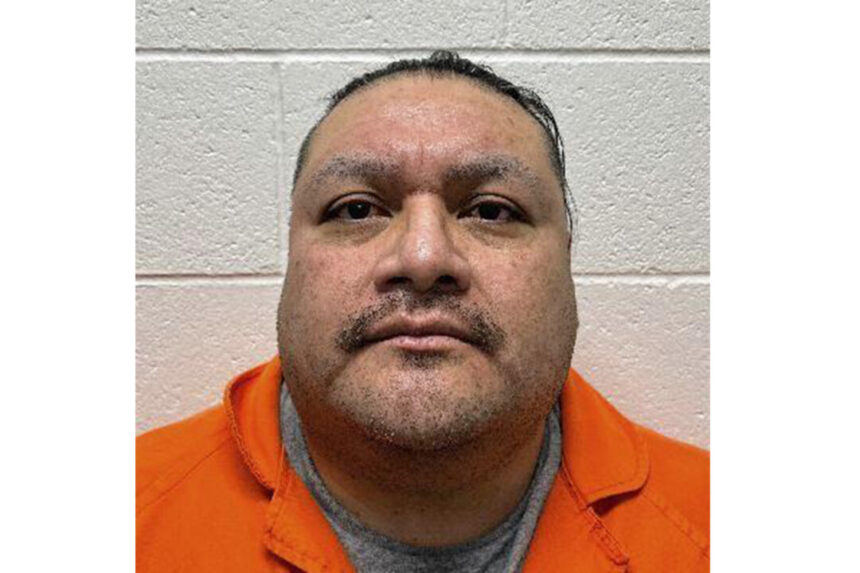Utah officials announced on Saturday that they have decided to abandon plans to use an untested lethal drug combination in the upcoming execution of a man convicted in a 1998 murder case. Instead, they will be searching for a drug that has been previously used in executions across several states.
Defense attorneys representing Taberon Dave Honie, 49, had taken legal action in state court to halt the use of the untested drug combination, citing concerns that it could result in the defendant experiencing “excruciating suffering.”
The scheduled execution on August 8 will mark Utah’s first since the 2010 execution of Ronnie Lee Gardner by firing squad.
Honie was found guilty of aggravated murder in the stabbing death of his girlfriend’s mother, Claudia Benn, 49.
Despite numerous unsuccessful appeals over the years, Honie’s execution warrant was signed last month, despite objections from his defense team regarding the planned lethal drug combination.
His attorneys argued that the initial two drugs, ketamine and fentanyl, would not adequately prevent Honie from feeling pain when potassium chloride was administered to stop his heart.
As a result, the Utah Department of Corrections has opted to use a single drug, pentobarbital, for the execution. Agency spokesperson Glen Mills stated that the state’s attorneys have requested the dismissal of the lawsuit.
“We will procure and administer pentobarbital for the execution,” Mills confirmed. He added that agency officials still believe the three-drug combination would have been effective and humane.
State officials had previously acknowledged that there were no known instances of the three-drug combination being used in an execution.
According to the Death Penalty Information Center in Washington, at least 14 states have utilized pentobarbital in executions.
However, there have been reports indicating that pentobarbital could also result in severe pain.
Eric Zuckerman, Honie’s attorney in the lawsuit, did not provide an immediate response to a request for comment.
Meanwhile, a hearing is set for Monday regarding Honie’s plea to the state parole board to commute his death sentence to life imprisonment.
In a petition submitted last month, Honie’s legal team attributed his actions in killing Benn to a traumatic upbringing, substance abuse, a prior brain injury, and extreme intoxication.
They criticized the legal representation that led to Honie, a member of the Hopi Indian Reservation in Arizona, being sentenced by a judge rather than a potentially more sympathetic jury that could have spared him from the death penalty.








